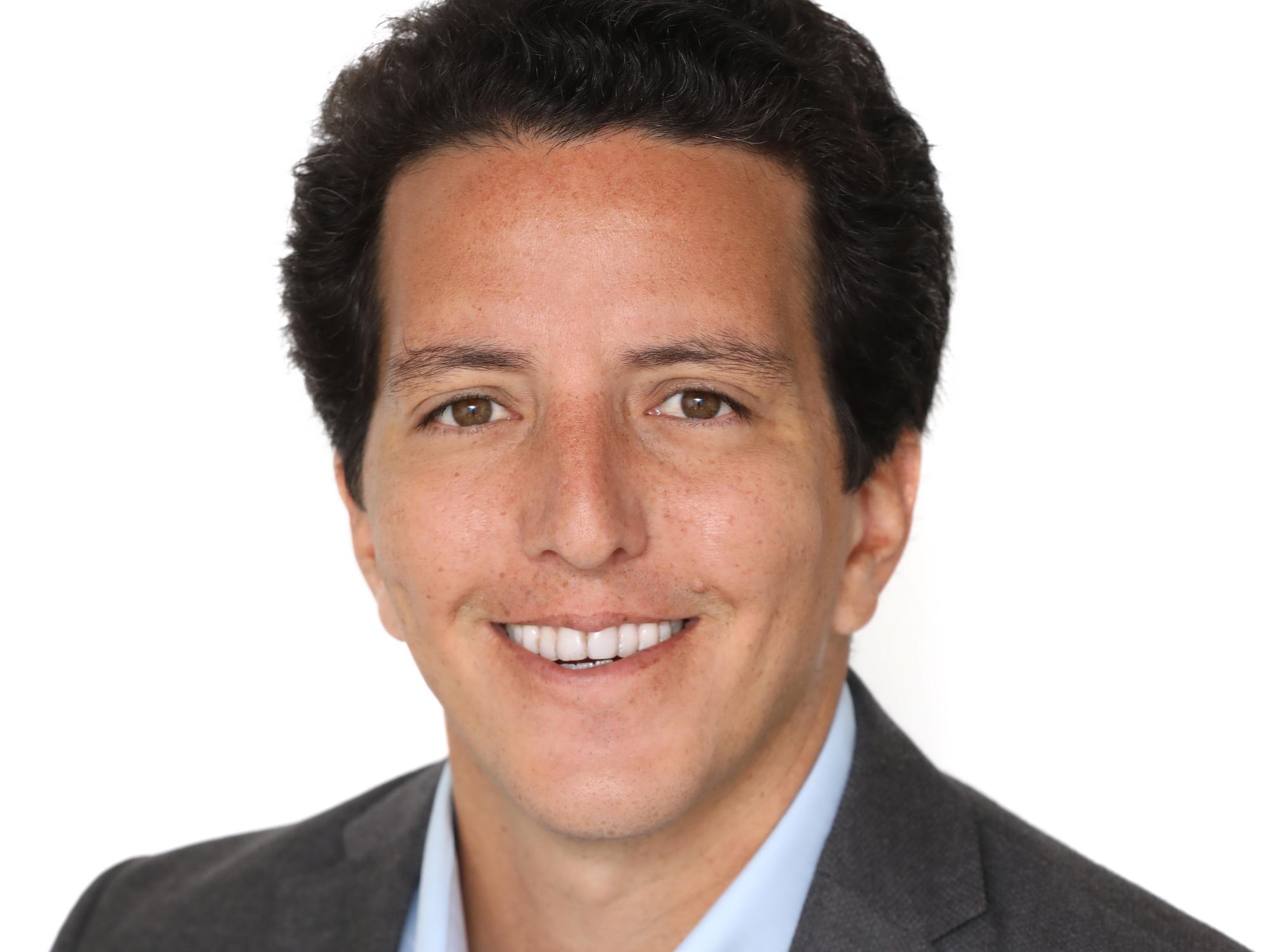LA Venture: Arrowroot Capital’s Kareem El Sawy On Navigating Structured Equity

In this episode of the LA Venture podcast, Arrowroot Capital’s founding General Partner Kareem El Sawy discusses how to navigate structured equity.
Founded in 2014, Arrowroot helps enterprise software companies “that are past the VC stage not quite at [the] buyout stage” that are looking for capital to help them reach profitability. The private equity firm offers bespoke growth capital options, usually cutting checks between $10 million to $40 million. It’s now approaching $700 million in assets under management (AUM), El Sawy said.
Structured equity can assist venture capital-backed companies that have fallen off the venture path for one reason or another.
“The reality is most software companies have burned $300 million, $50 million, $10 million, $70 million—all over the place,” he said. “They're on Series G. They're on Series A. They're on Series C. They're on Series one. It's really never a straightforward path.”
Arrowroot is looking for these under-resourced “Cinderella” companies that El Sawy says exist overlooked in many venture portfolios. Arrowroot sifts through a massive pipeline to identify these companies and then offers them capital that may come with liquidation preferences, dividends, warrants or other governance that gives Arrowroot downside protection to their investment.
“A lot of our growth capital goes towards a one-time transition of some sort,” El Sawy said. “Maybe it's an old product, a new product—maybe it's an invisible transition where the market finally came.”
Unlike many private equity investors, Arrowroot is not a control investor–they often take an ownership stake of around 30% to 35%, El Sawy said. Because their term sheets are not “vanilla” term sheets, El Sawy says that their investments take some time to talk through with management. Arrowroot’s track record and references are useful for teams trying to understand how to think about what are often unique investment terms.
El Sawy says that they are seeing many more deals in their pipeline nowadays as the gap between venture capital and private equity has gotten wider. There are many companies that don’t exactly fit the model for an investment from either group and that is where Arrowroot is able to step in.
“We're the bridge,” he said. “We’re the tour guide through that bridge”.
Prior to joining Arrowroot, El Sawy was in private equity at L.A.-based OpenGate Capital. He joined founder Matthew Safaii in 2014, during Arrowroot’s first few months. Initially, he said the firm focused on providing smaller growth checks, but has grown rapidly. Arrowroot’s portfolio includes mParticle, ParkHub and SocialChorus, and it has guided companies like Evergage to big exits. Overseeing this portfolio has helped the firm gain a reputation for being able to navigate to long-term success, he said.
“We're known at this point as that kind of guide for these companies and saying, ‘Look we've done it before’,” El Sawy said. “‘We've taken it to huge exits. We're gonna do it again for you.’”
Click the link above to hear the full episode, and subscribe to LA Venture on Apple Podcasts, Stitcher, Spotify or wherever you get your podcasts.
This podcast is produced by L.A. Venture. The views and opinions expressed in the show are those of the speakers and do not necessarily reflect those of dot.LA or its newsroom.
dot.LA reporter Kristin Snyder contributed to this post.
- Column: How to Handle Setbacks In Startup Funding - dot.LA ›
- Mantis VC Jeffrey Evans On Influencer Marketing - dot.LA ›
- L A Venture - dot.LA ›
- Product Science Lands $18M, Preveta Gains $6.2M - dot.LA ›
- Product Science Lands $18M, Preveta Gains $6.2M - dot.LA ›





 Image Source: Skyryse
Image Source: Skyryse